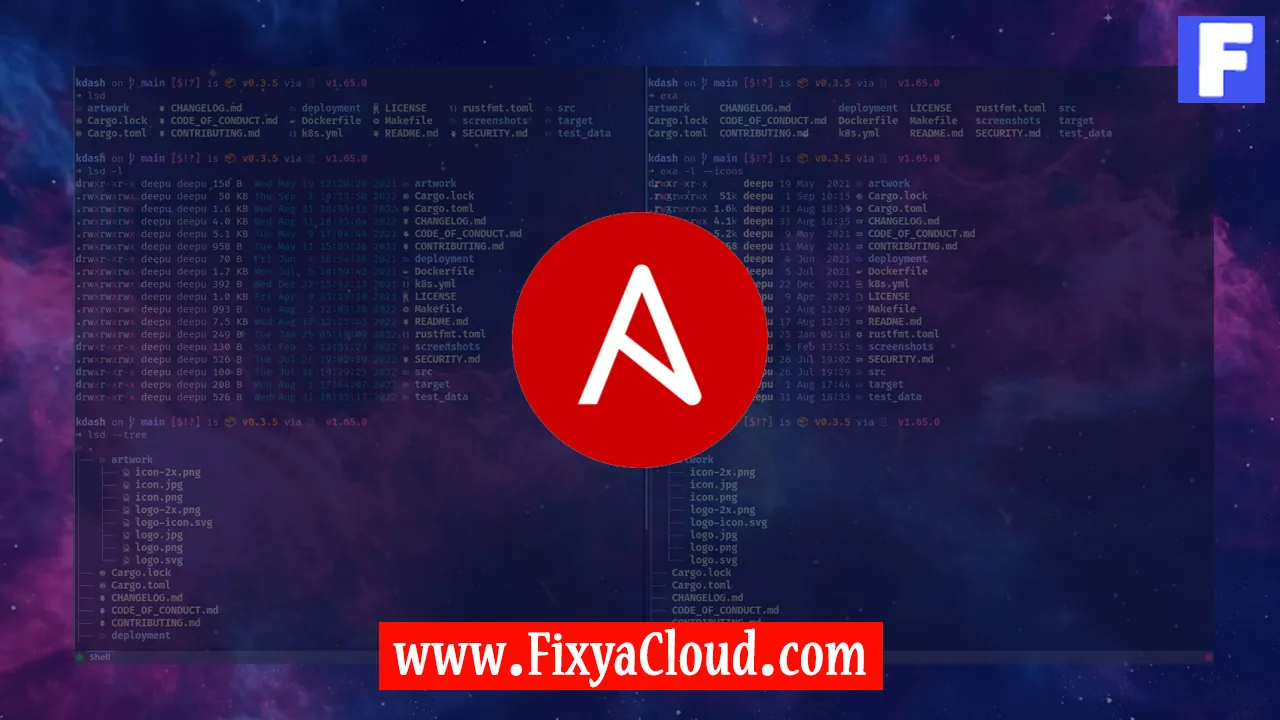The Evolution of Ansible Playbooks: From Simple Tasks to Complex Workflows

In the realm of IT automation, Ansible has emerged as a powerful and flexible tool for managing configurations, orchestrating complex tasks, and streamlining repetitive processes. One of its key features is the use of playbooks, which have evolved significantly over time, expanding from simple task automation to orchestrating intricate workflows. In this article, we'll delve into the journey of Ansible playbooks, exploring their growth from basic operations to handling multifaceted scenarios.
From Simple to Sophisticated: A Playbook Progression
Ansible playbooks started as concise scripts to automate straightforward tasks. Over time, they have evolved into comprehensive documents capable of orchestrating intricate sequences of actions. Let's trace this evolution through various stages:
1. Basic Tasks:
At the outset, Ansible playbooks were primarily focused on automating basic system configurations and software installations. Commands were straightforward, resembling manual tasks but executed through automation. For instance:
---
- name: Install Nginx
hosts: web_servers
tasks:
- name: Install Nginx
apt:
name: nginx
state: present
This basic playbook installs Nginx on a group of web servers.
2. Parameterization:
As the scope of automation widened, the need for parameterization became apparent. Playbooks evolved to accept variables, making them more adaptable to different environments. Here's an example:
---
- name: Configure Nginx
hosts: web_servers
vars:
nginx_port: 80
tasks:
- name: Install Nginx
apt:
name: nginx
state: present
- name: Configure Nginx
template:
src: nginx.conf.j2
dest: /etc/nginx/nginx.conf
In this example, the playbook introduces a variable for the Nginx port, enhancing its flexibility.
3. Conditional Execution:
As playbooks grew in complexity, the need for conditional execution arose. Ansible responded by incorporating conditional statements, allowing tasks to execute based on specific conditions. Consider the following:
---
- name: Configure Nginx
hosts: web_servers
vars:
nginx_port: 80
use_ssl: true
tasks:
- name: Install Nginx
apt:
name: nginx
state: present
- name: Configure Nginx
template:
src: nginx.conf.j2
dest: /etc/nginx/nginx.conf
when: use_ssl
Here, the configuration task is conditional based on the 'use_ssl' variable.
4. Role-Based Organization:
To manage growing playbooks effectively, Ansible introduced roles. Roles enable the modular organization of tasks, making playbooks more readable and maintainable. Let's see an example:
---
- name: Configure Web Servers
hosts: web_servers
roles:
- web_server_role
In this playbook, the actual tasks are encapsulated within the 'web_server_role.'
5. Orchestrating Workflows:
The pinnacle of evolution for Ansible playbooks is their ability to orchestrate complex workflows. This involves coordinating tasks across multiple hosts, managing dependencies, and ensuring proper sequencing. Here's an example:
---
- name: Orchestrate Application Deployment
hosts: app_servers
tasks:
- name: Deploy Database
include_role:
name: database_role
- name: Deploy Web App
include_role:
name: web_app_role
when: "'database_role' in play_hosts"
This playbook orchestrates the deployment of a database and a web application, ensuring the database is deployed first.
Ansible playbooks have come a long way, evolving from simple automation scripts to sophisticated orchestrators of complex IT workflows. Whether you're managing a handful of servers or orchestrating a distributed application deployment, Ansible playbooks provide the flexibility and power needed for the task at hand.
Related Searches and Questions asked:
That's it for this topic, Hope this article is useful. Thanks for Visiting us.
